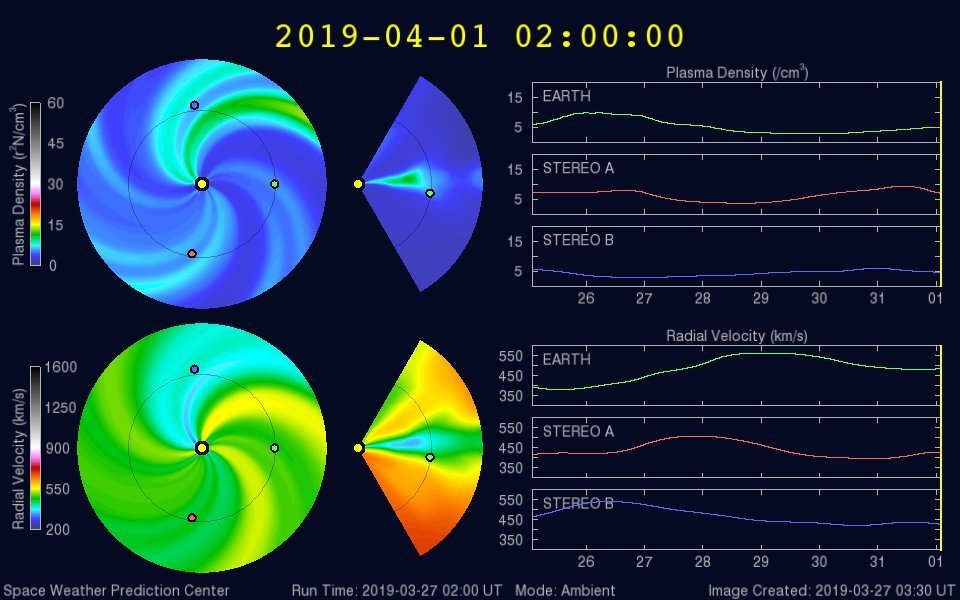@OscarLanzi's interesting answer and my comment there led me to read Wikipedia's article Space weather.
The article exclusively seems to only talk about effects in Earth's upper atmosphere; the only instance "deep space" in that article is in the name of DSCOVR:
The Deep Space Climate Observatory (DSCOVR) satellite is a NOAA Earth observation and space weather satellite that launched in February 2015. Among its features is advance warning of coronal mass ejections.
It seems that the article discusses CMEs and other solar phenomena and their relationship to space weather, but the actual "weather" happens in the Earth's vicinity, as a result.
Question: Can the term "space weather" refer to the environment in deep space, or is it only in reference to Earth's (or another planet's) upper atmosphere?
If it can, please cite one or two authoritative examples, thanks!
